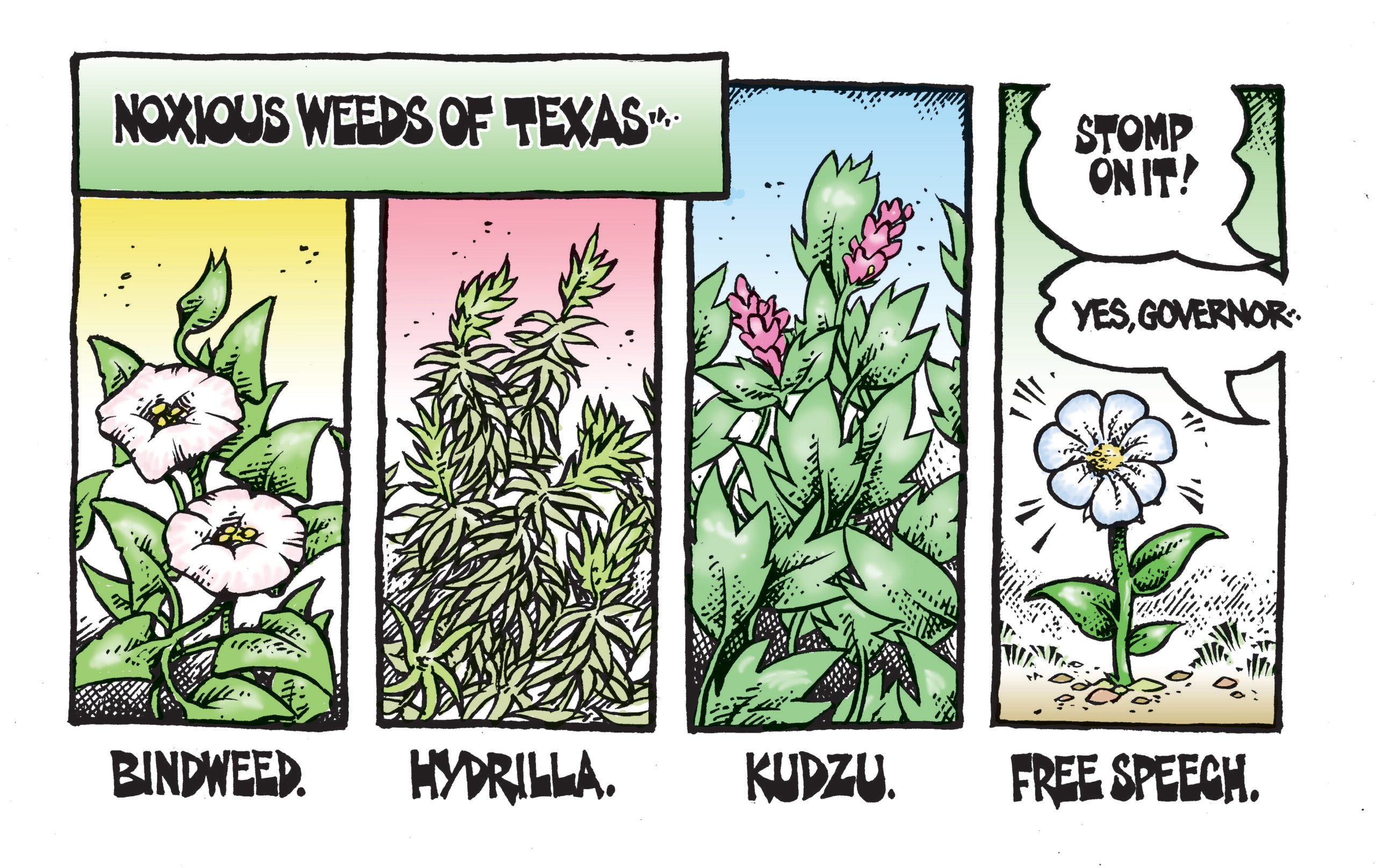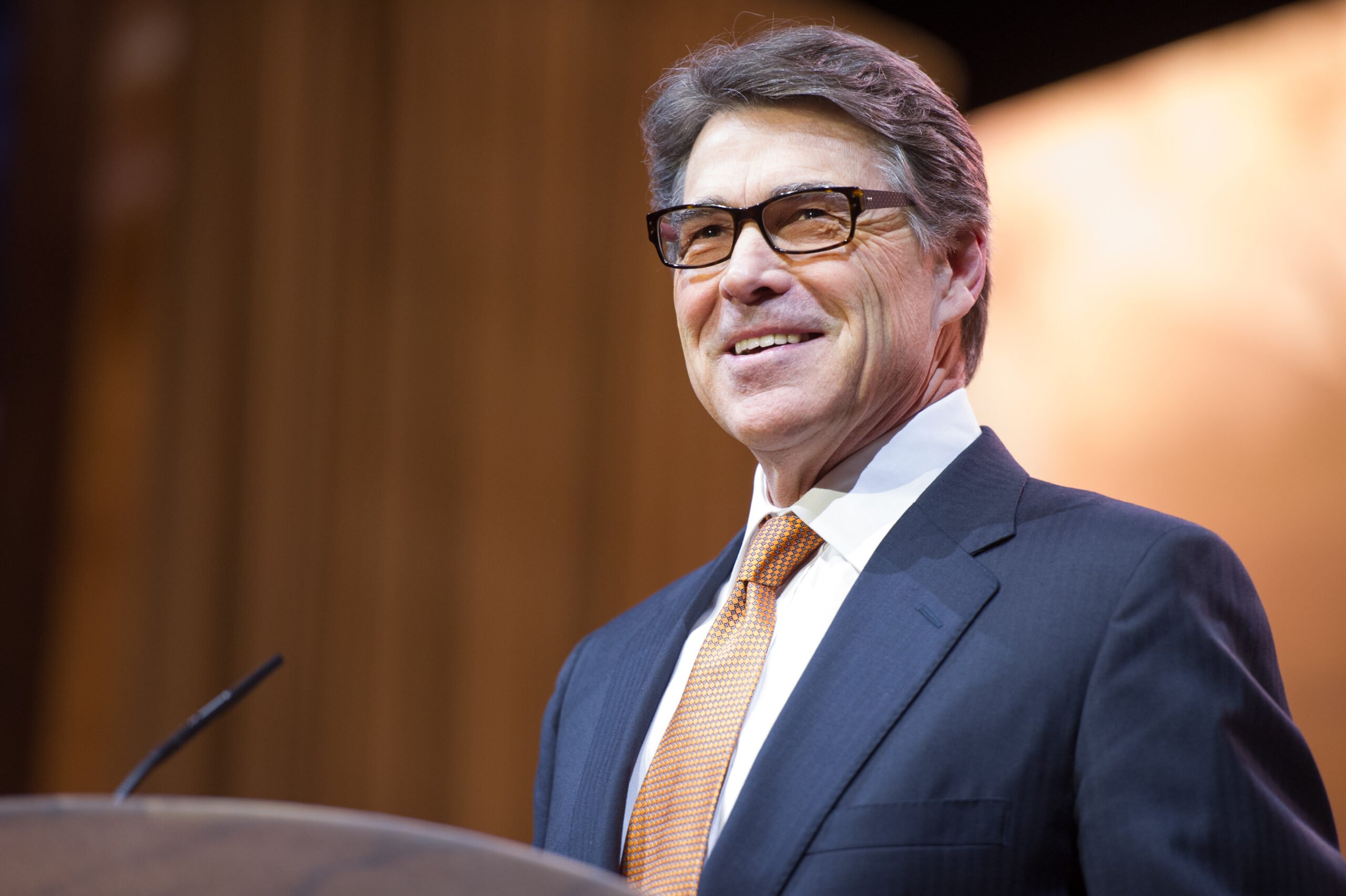ustxtxb_obs_2008_11_28_50_00025-00000_000.pdf
Page 9
mansions in Dallas and Houston. Of greater import was their involvement in right-wing politics. In 1944, infuriated by Franklin D. Roosevelt’s presidency \(including warTexas Democrats made an unsuccessful attempt to take over the state party. Failing that, they formed a third party, the Texas Regulars, “whose membership was dominated by independent oilmen like Maco Stewart Jr. and Arch Rowan of Fort Worth. The Regulars mounted an elaborately financed anti-Roosevelt campaign … the message was broadly anti-labor and anti-governmentand openly white supremacist. One of the party’s planks actually called for ‘restoration of the supremacy of the white race:” Needless to say the Regulars were trounced by Roosevelt. \(For me, it was a shock to see the name Maco Stewart in this list. The next generation of Stewarts were a different breed, and a later Maco became a liberal legislator from Galveston in the late From the author’s point of view, “one of the most important … legacies of Texas Oil has been its contribution to the growth of right-wing policies and politicians, especially in their most radical guises … the state’s oil millionaires would channel tens of millions of dollars into new conservative causes, bankrolling everything from mainstream Republican think tanks to Senator Joe McCarthy’s red-baiting campaigns of the 1950’s to extremist groups that openly espoused racism and anti-Semitism; later, oil money helped bankroll the rise of the religious right:’ One of the biographical oddities explored by Burrough is the relatively low profilegiven their influence these Texas rebels enjoyed. “In the first years after World War II, H.L. Hunt, Roy Cullen, Sid Richardson, and Clint Murchison had emerged as a handful of the richest men in America,” but no one really knew it, Burrough writes. The anonymity began to come to an end in 1948 with an issue of Life magazine picturing H.L. Hunt as potentially the richest man in America. Shortly thereafter, books such as John Bainbridge’s The Super Americans portrayed the outlandish behavior of these new-money millionaires, who did not fare well in media caricatures of “funny, silly, harmless Texans who rode ostriches, wooed Hollywood stars, and scattered silver dollars on the sidewalks of Houston and Dallas like so much pocket lint:’ Unfortunately, as Burrough demonstrates, the Big Four were a great deal more dangerous than that. Of the Big Four, it appears that Cullen was initially most politically active. He was the prime moneybags behind “Poppy” Lee O’Daniel, who was a lapdog to the Texas oil industry. Cullen gave money widely to conservative candidates and even funded an opponent to Sam Rayburn at one point. In 1950 he, along with partner Jack Porter, drew up a list of every congressman in a re-election battle, identified those he felt were insufficiently tough on creeping socialism, and began mailing checks to their opponents. Sid Richardson was the most reclusive of all. He formed an early relationship with presidential son Elliott Roosevelt, providing the Texan a certain White House entre. In 1951 he became heavily involved in the draft-Eisenhower movement, ultimately teaming with Eisenhower’s close friend George Allen to press the general to run. They confronted Eisenhower with letters from Billy Graham and Clint Murchison urging Eisenhower’s candidacy. We can’t know what influence their persuasions had, but it was during their visit that Ike announced his intention to run. During the McCarthy era, Richardson was quoted as saying, “I don’t see how I could be friendly with Sam Rayburn and Lyndon Johnson and be friendly with Joe McCarthy too,” but Murchison and Hunt embraced McCarthy enthusiastically. In 1950 McCarthy raised $10,000 from Murchison to help defeat Senator Millard Tydings of Maryland, an early McCarthy critic. Murchison kicked in another $10,000 in 1952 to defeat another McCarthy enemy and began “placing his personal planes at McCarthy’s disposal.” In 1951 Murchison built a resort, the Hotel Del Charro, in La Jolla, California, which became a favored watering hole for many political figures, including McCarthy, who one night in a drunken fit pushed Murchison’s fully clothed wife into the swimming pool. It was J. Edgar Hoover who most enjoyed Del Charro and Murchison’s hospitality, first coming to stay in 1952 and returning every summer until his death in 1972. Hunt was so taken with McCarthy that in 1952 he hired three former McCarthy assistants to take charge of his Facts Forum foundation. In short order, Facts Forum was producing “two syndicated radio shows and three television shows; all programmed with right-wing propaganda, and became an integral part of the Hunt political agenda. On a personal note, I lived in Dallas as a young lawyer in late 1950s and 1960s and railed against the reactionary Dallas Morning News. I was shocked to learn that E.M. Dealey, the publisher, called Hunt a “latent fascist” and said that Facts Forum reminded him “of the Ku Klux Klan:’ How true. There is plenty more to be found in these pages: details of H.L. Hunt’s two bigamous marriages, the rise and fall of Glenn McCarthy and Houston’s Shamrock Hotel, the emergence of a generation of spoiled rich children of Texas’ original oil fortunes. There are detailed descriptions of the antics of Bunker and Herbert Hunt in their attempt to corner the world silver market and their later indictment on federal wiretapping charges. Burrough chronicles the rise and fall of Clint Murchison Jr., from his pinnacle as owner of the Dallas Cowboys to the collapse of his empire in bankruptcy. Even the staid Cullens found themselves embroiled with Italian adventurer Ricky di Portanova and suffered scandals as a result. Only Richardson, who had no children, was spared a legacy of off-thewall behavior. I had a friend in Dallas who taught philosophy at SMU. He was wont to argue that Texas politics would change once the offspring of H.L. Hunt received the same quality education as the offspring of John D. Rockefeller. His optimism has not been richly rewarded. Dave Richards is an attorney and author. NOVEMBER 28, 2008 THE TEXAS OBSERVER 25


